In vague statements about a wave of poisonings affecting schoolgirls in multiple cities across Iran, Interior Minister General Ahmad Vahidi said that “suspicious samples” have been sent to “reputable labs” to find the causes of the symptoms observed in the teenagers. He also promised that the test results will be shared with the public as soon as possible.
More than three months after the first poisoning case was reported in Qom, officials of the Islamic Republic still equivocate about the incidents and often distort the facts as well.
The issue has turned into a full-fledged social crisis, but it is not yet clear whether officials of the Islamic Republic seriously intend to deal with attacks on girls’ schools and education centers.
***
After the first poisoning case was reported on November 30, 2022, officials spoke little about this crisis, and when they did, they contradicted each other.
From Denying to (Reluctantly) Conceding
It was only on February 5 that the Education Department of Qom province officially commented on the matter, with an official saying that 18 students of Meysam Tammar girls’ school were sent to the hospital due to “stress probably caused by poisoning.”
At around that time, other officials at the department said that schoolgirls were transported to the emergency room because they “breathed rapidly” and “had a lot of stress.” None of them explained why girls had to be treated for such symptoms and not boys.
Then, on February 6, Majid Mohebi, vice president of Qom University of Medical Sciences, announced that, on that day, 61 students from eight schools in the city complained of respiratory poisoning symptoms and were taken to the emergency services.
And while education officials in Qom attributed the symptoms to stress, Mojtaba Zolnoori, a member of parliament from Qom, confirmed that poisonings were behind the wave of illnesses, calling it an “unnatural” phenomenon. Zolnoori, who is close to the Islamic Revolutionary Guards Corps (IRGC), said on February 1 that the matter was being investigated by both the Education Ministry and the security agencies.
Denial after 24 Hours
Amid rising criticisms toward government officials, high-level officials including the ministers of education and health and their deputies spoke more explicitly about the poisonings.
Health Minister Bahram Einollahi, a professor of medicine, announced he had traveled to Qom to personally examine the hospitalized students. He said that the poisonings were mild and caused no complications, whereas media reports said some of the victims were suffering from lethargy and were unable to walk for a long time.
On February 26, Deputy Health Minister Younes Panahi said something quite different. He confirmed that the poisonings were deliberate and said, “After several students were poisoned at Qom’s schools, it became clear that certain individuals want all schools, and especially girls’ schools, to be closed.”
A day later, Panahi was forced to deny his own words. He said he knew nothing about the deliberate nature of the incidents and that he was misquoted.
During all these months, the anxious parents of students in Qom have frequently met with city officials to find out the cause of the poisonings, but the main person responsible for schools across Iran, Education Minister Yousef Nouri, did not have anything important to tell the media. “There is no obstacle preventing the reopening of schools,” he told reporters on February 15. “Yesterday they smelled something in some schools and some students went to hospital. Some of these students suffer from underlying diseases and were examined. But then they said that one was paralyzed and things like that.”
Many took these statements as an indication that students’ health is not important to this minister. Then, on February 26, Nouri visited Qom and said that a special team has been set up to investigate the situation. He said that President Ebrahim Raisi instructed Interior Minister Ahmad Vahidi to lead the probe and release the “right information” to the media.
Vahidi is an IRGC general and former commander of the expeditionary Quds Force who also served as former President Mahmoud Ahmadinejad’s defense minister. It is telling that he was put in charge of the investigation into a matter with potential security ramifications.
Unsurprisingly, Vahidi said on March 1 that more than 90 percent of the reported symptoms observed in schoolgirls were caused by “stress.” The claim contradicted previous media reports indicating that some of the teenagers smelled a foul scent like rotten fruit when they fell ill and could not walk for a long time after the incidents.
He said nothing about the remaining 10 percent of the symptoms, but he left an escape hatch for himself. The minister said that the security agencies were continuing their investigations.
Raisi Blames the “Enemy”
In a roundabout way, the judiciary and the president confirmed that the poisonings were deliberate, while Attorney-General Mohammad Ali Jafari told reporters on February 27 it wasn’t absolute certain. A week earlier, he told Qom’s prosecutor that the poisonings were probably deliberate.
On February 28, National Police commander Brigadier General Ahmad Reza Radan told reporters that police and security agencies have tried hard to identify the origin of the incidents and expressed hope that their efforts would succeed.
His statements, however, were unconvincing. Those criticizing the Islamic Republic of not tackling the matter seriously enough have been asking this question: How come the security agencies can arrest political activists quickly, sometimes within hours, but have been unable to find those behind the attacks on girls’ schools that have taken place in broad daylight over the span of more than three months?
Amid strong suspicion that religious extremists opposed to girls’ education are responsible for the poisonings, Raisi said on March 3 that the crisis are part of a “hybrid warfare.” He said that the “enemy” wants to “spread hopelessness among the people and has now launched a media campaign to create stress and anxiety among students and their parents so that it would lead to unrest.”
With these kinds of statements, it is not surprising that the Iranian people are losing trust in the way Islamic Republic officials and the agencies run by them will handle the situation.
As the principal of a girls’ school told IranWire, “When they fail to find the answer, they say that rogue elements are the culprits.”
visit the accountability section
In this section of Iran Wire, you can contact the officials and launch your campaign for various problems




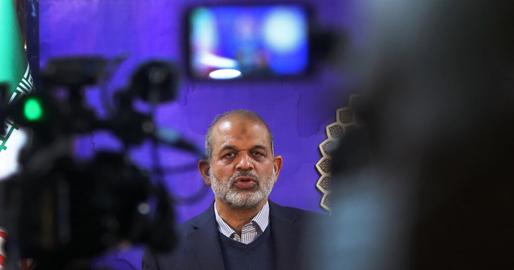
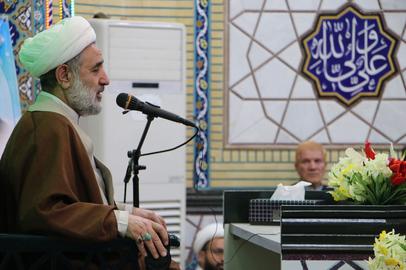
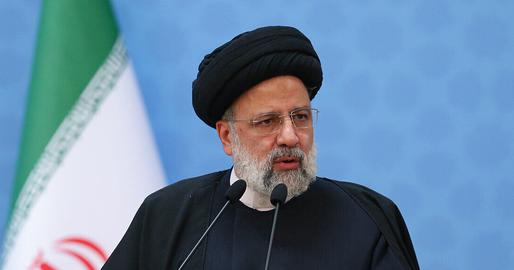
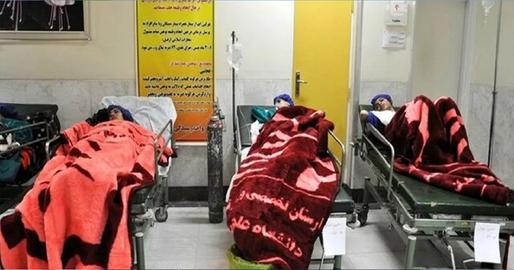

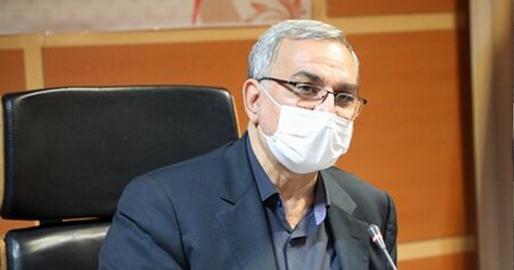
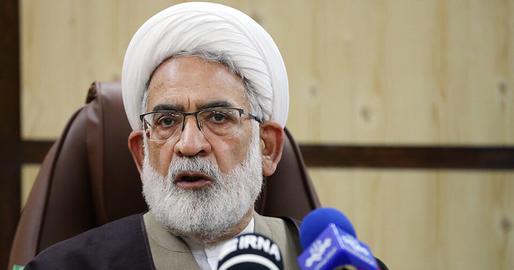
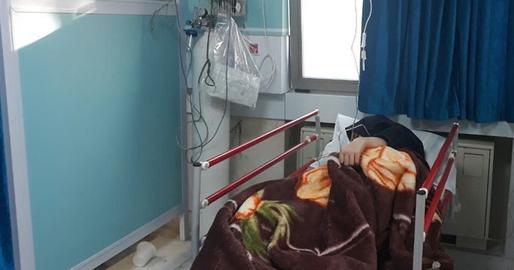



















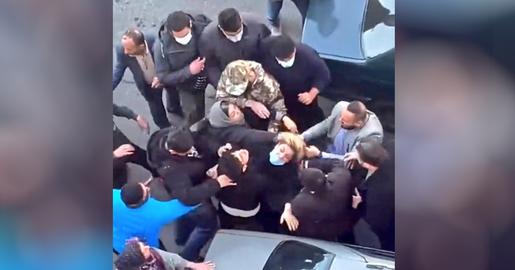
comments